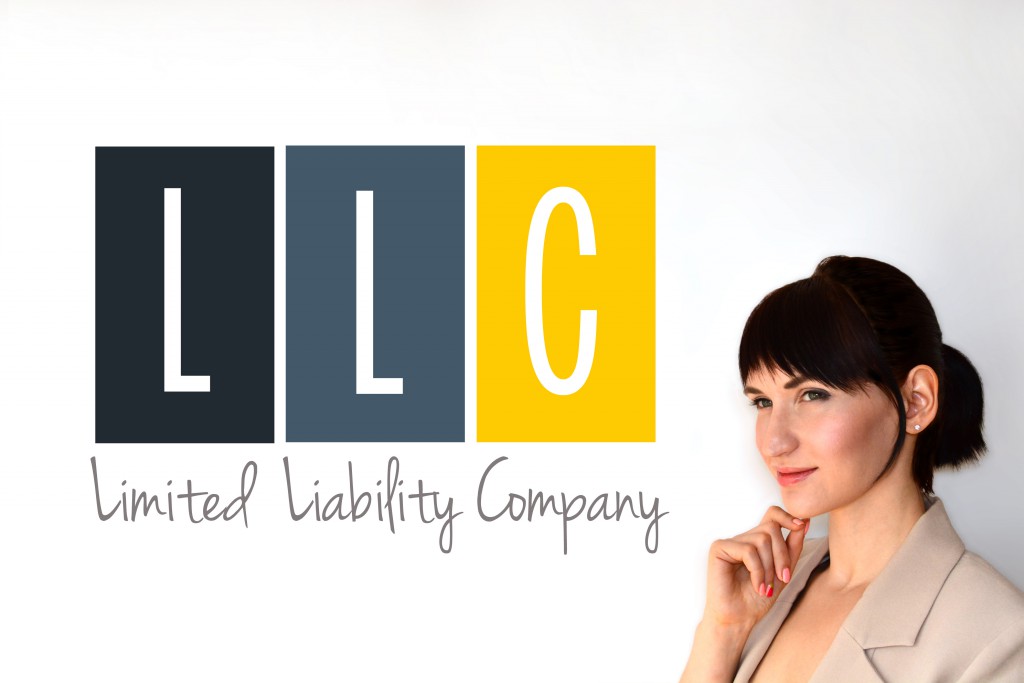Most entrepreneurial businesses will start out as sole traders. A sole trader cannot separate themselves from their business in terms of legalities or financial matters. For these reasons, and the fact that turning a sole trader business into a limited company can have tax advantages, at a certain stage in the development of your business you may wish to consider making this change. This is a quick guide as to when it may be best to make such a change, and the pros and cons of a limited company as opposed to a sole trader business.
Corporate Personality
As already stated, a sole trader is considered to be one and the same as their business. This is the most fundamental difference between the two business models. A limited company is its own separate, legal entity. If you create a limited company, that company can be sued and sue, and it can own property. What this means on a practical level is that if the company runs into financial difficulties, your personal assets cannot be touched to pay for the debts incurred by the company.

Tax Matters
There are certain tax advantages that will tempt you to make the change. Whilst sole traders have to pay income tax on accounts and national insurance payments, limited companies are exempt from this, paying instead corporation tax on profits, and whilst profits are low that tax is fixed at 20%. However, a limited company has no personal allowance. As a rule of thumb, therefore, you would only see a benefit from these differences if your profit exceeds approximately £50,000.
Another tax advantage is that limited companies can claim tax relief for business expenses, including food and drink. Sole traders may only claim tax relief for business expenses when incurred as a result of an overnight stay. These small issues however may add up!

More Work
One disadvantage of forming a limited company is that you will have to comply with more administrative rules, and once a year file accounts and an annual return at Companies House. You will also have to provide HMRC with an annual corporation tax return as well as your personal tax return as director. If your company employs people (even if it is just yourself) all of the related formalities have to be complied with.
As a director of a limited company you will have legal duties to the company. These include ensuring that the creditors of the company are dealt with fairly, and deciding whether it is necessary to cease trading if the company is not performing well. Failing to fulfill your duties as a director could potentially result in a hefty fine or a term of imprisonment.

When to Make the Change
There are many issues to be weighed up before converting from a sole trader to a limited company. It is likely that if your profits are exceeding a certain level, and you wish to attract more investment then the advantages of a limited company are clear. It is best to discuss the matter in detail with your accountant, particularly for a detailed overview of all of the tax repercussions such a change will inflict.

